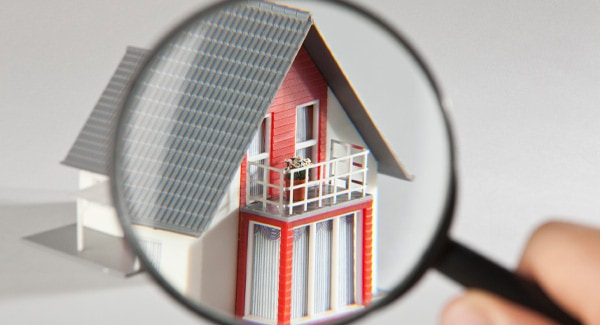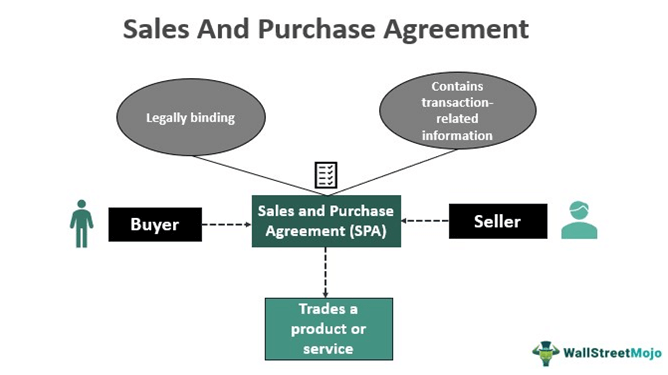We aim to provide objective and independent reviews and advice. We may receive a commission if you choose to purchase a product or use a service that we have linked to.
Home buyers and mortgage lenders often prefer or require a home inspection prior to finalizing any real estate transaction. This can be a nerve-wracking experience for home sellers. What if the buyer discovers a major flaw, or worse yet, what if they decide to cancel the sale?
Pre-inspection Report is designed to ease these fears. A pre-inspection can help sellers identify and fix any issues before the house is put on the market.
It’s important to remember that a pre inspection report does not replace a general check. Read on to find out the pros and cons before you invest several hundred dollars in a pre-inspection report.
Are you looking for a contractor or home inspector? HomeAdvisor is here to help! HomeAdvisor is a nationwide network that features thousands of local experts who have been pre-vetted.
What is a pre-inspection?
A pre-inspection, also known as a “pre-listing home-inspection”, is an inspection paid for by the home seller before listing their house on the market.
The purpose is the same as that of a standard home inspection – to find any hidden issues so that the house can be listed and priced accurately. It’s the same as a general home inspection, except that it takes place prior to listing instead of after an agreement.
The seller can provide the pre-inspection to the buyer so that they can make an informed and confident offer. Remember that even if the seller orders a pre-inspection, the mortgage lender is likely to order their own inspection – which will be added to the closing costs of the buyer.
Pre-Inspection cost
Pre-inspections cost between $300 and $500 on average. The lower end is usually more affordable. According HomeAdvisor the average cost for a home inspection is $341 in the U.S.
A general licensed inspector can perform a pre-listing inspection. You may have to pay more for a professional specialist to inspect your home in greater detail. They will look for termites, mold, radon and other problems.
Does a pre-inspection make sense?
You can get a pre-inspection if there are a number of factors. If you have limited time or a hot market for buyers, a pre inspection might be the best option.
The buyer may have second thoughts if the inspection reveals serious problems with your home. It could make the buyer feel that your home is in poor condition. You can avoid much later turmoil by disclosing issues upfront.
Pre-listing inspections are a great way to reveal any problems and factor them into your list price.
You can give buyers an inspection report if they are in a buyer’s market. This will let them know that your home does not need any repairs or has had the necessary repairs made. They’ll be more likely to make a confident bid.
The benefits of a pre-inspection
You Can Avoid Buyer Negotiations
Pre-inspections can help sellers avoid some negotiations and price reductions by making repairs to the house before it hits the market.
After a home inspection, the seller may be forced to undertake costly repairs or reduce the purchase price. In such situations, buyers choose the contractor and the seller has little control over the cost.
You can fix any problems you find yourself, and set your own price.
Your listing price might be more accurate
You can address any problems that are found during your pre-listing home inspection or include them in the listing price. You can negotiate with confidence knowing that the price you have listed is accurate.
You might close faster
You can reduce escrow time, eliminate inspection contingencies and save money by avoiding costly and time-consuming repairs requests when you give these reports and estimates to the buyers. You can save weeks or even months of time by doing this!
You may attract more (and better) offers
A transparent pre-inspection allows buyers to bid with confidence, as they don’t have to worry about any hidden problems that might surface later in the transaction.
Cons of a pre-inspection
The Inspection Costs You Money
You’ll need to shell out around $340 for a home inspection before listing. The buyer pays for a general home inspection after the offer.
There may be something you’ll have to disclose if you find it
Pre-inspecting your home could reveal hidden problems. These can range from foundation issues to roof leaks to termites. Sellers are required in many states to disclose “known defect” so you will have to give this information to the buyer.
Negotiation Opportunities may be limited
You can avoid negotiations by performing pre-inspections, but you may end up losing money. Negotiating would have been beneficial if, for example, you discovered an issue in your pre-inspection, and then spent $5,000 to fix it.
It’s difficult to predict which is the best option, as it depends so much on the negotiation skills of the agents and the motivation of each party to complete the sale.
Addressing Repairs Following a Pre-Listing Inspection
You have two options after identifying problems in your pre-listing Inspection:
- Before listing or, decide if you will do the repairs yourself.
- Offer your buyer the inspection report along with an estimate of the repair costs so that they can factor in the cost to make their offer.
Before listing your home, you can save money by handling the repairs yourself. You can save a lot of cash if you are able to perform professional-quality repairs on your own. If you hire a contractor you can negotiate the price and choose your contractor.
Even if only cost estimates are included with the inspection report this will give the buyer a rough idea of the cost and can be used to inform their offer.
You’ll be able to control the situation in both cases and save more money if the buyer finds the same issues.
A listing agent will help you decide whether you need to schedule a pre inspection before listing your home and can offer you customized advice on how you can make the best decision regarding your inspection timeline.























+ There are no comments
Add yours